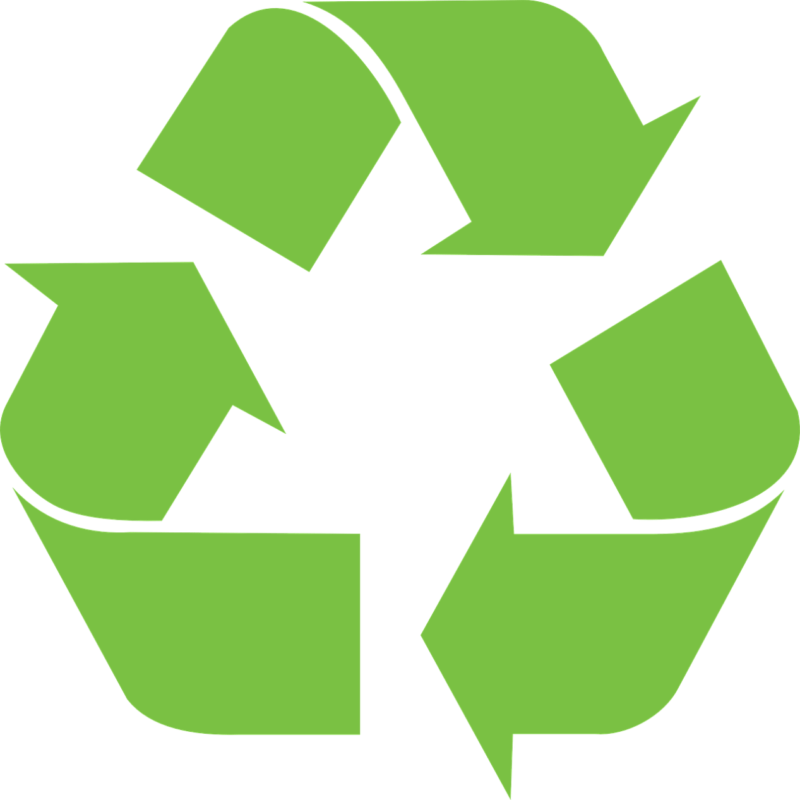

At Caboodle Textiles we aim to ensure that every aspect of our activities is conducted in accordance with good environmental practices.
Reduce
We aim to reduce the amount of waste we create; by constantly reviewing operating practices and by sorting and recycling all the waste we produce during the packaging processes.
Caboodle Textiles stocks a wide range of organic and Oeko Tex 100 standard products. Our aim is to reduce the pollution to the environment by encouraging customers to think about where their clothes and fabric goods come from and the chain of affects in their production. By buying safety marked goods our customers can be assured they are not unnecessarily adding to pollution via the manufacturing process.
Caboodle Textiles is reducing the amount of micro plastics waste created when customers wash fabrics by shifting towards stocking cloth with lower polyester contents. This is a gradual process but is one we are working towards.
Reuse
The packaging surrounding fabrics that arrives with us is reused as much as possible in our storage area to house and keep stock fabric clean. Large orders such as full bolts are packaged in this reused packaging when possible.
We encourage customers to turn our packaging bags inside out and use them again before recycling them.
We encourage customers to use every bit of the fabrics they purchase. Small off cuts can be turned into many little projects or donated to schools and children’s groups for creative play. Caboodle Textiles blogs offer suggestions for how to make use of these smaller sized fabrics in environmentally friendly products.
Recycle
All of our polythene packaging is 100% recyclable! We encourage all our customers to return or recycle their polythene waste, as contrary to many people’s perception, polythene packaging is very easy to recycle.
In the office we have moved to using recycled paper, this is used for all our orders and delivery notes, and we have recycling bins to ensure nothing recyclable gets thrown away.
We suggest customers to take unusable fabric remnants to textiles bins at refuse centres or donate them to schools or community craft projects.
More details about our packaging and delivery process.
Our packaging is partly made from recycled polythene and the bags are 100% recyclable. They are a Code 04 PE-LD recyclable polythene.
This material is resistant to moths, mildew and sunlight. It is also resistant to fire. The mailbags created are hypoallergenic and biodegradable.
You can recycle your packaging at supermarket collection points.